|
Genres, Themes, Actors, and Directors:
- Coming-of-Age
- Jeff Bridges Films
- Survival
- Thieves and Criminals
- Westerns
Review:
This unusual western — considered by many to be a true “sleeper” — was the directorial debut of Robert Benton, co-screenwriter for Arthur Penn’s Bonnie and Clyde (1967). From the opening scenes of Bad Company, it’s clear that Benton is aiming here for a similarly “revisionist” view of America — one in which criminals aren’t always gun-toting villains dressed in black, and the difference between right and wrong is rarely clear. After all, the film’s likable protagonist (Brown) is a draft dodger, running away from his legal duty as an American citizen, and abetted in doing so by his ultra-Christian (!) parents, who are so distressed by the loss of their only other son to the war that they’ve adopted an alternative code of ethics.
At heart, Bad Company is a coming-of-age tale, with Drew (Brown) forced to confront his own values while under the influence of a charismatic leader (Bridges). What’s particularly fascinating is how readily Drew resists corruption, instead using his impressive wiles to stay autonomous despite nominally joining Bridges’ gang. To this end, the movie’s final controversial shot doesn’t quite ring true, but the entire journey until then — particularly thanks to the noteworthy performances by both Bridges and Brown, and Gordon Willis’s luminous cinematography — is well worth taking.
Redeeming Qualities and Moments:
- Barry Brown as Drew
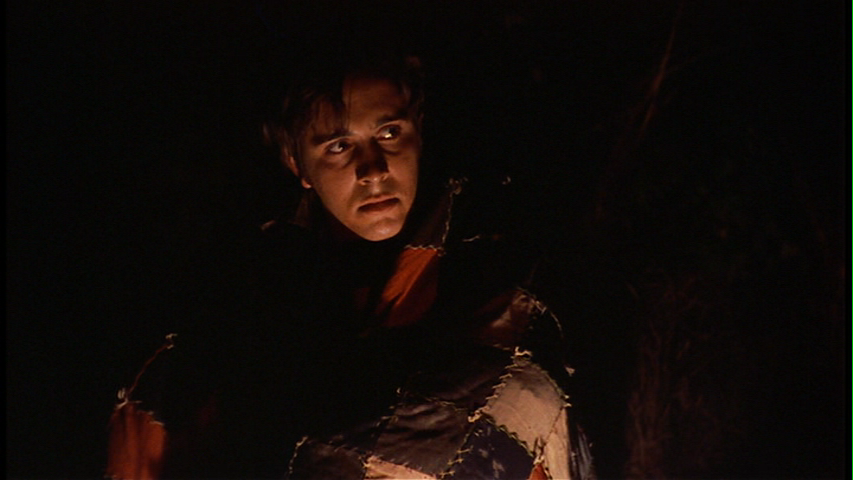
- Jeff Bridges as Jake
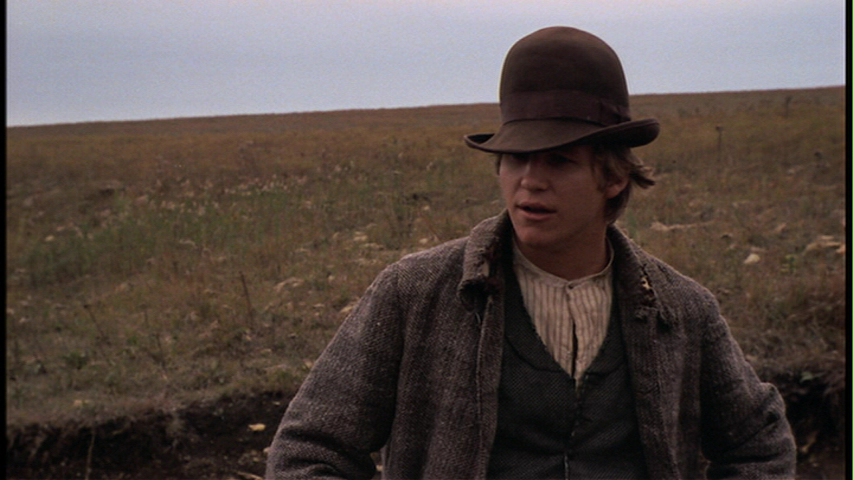
- The fascinating opening sequence, as Union paddy wagons round up Civil War “deserters”
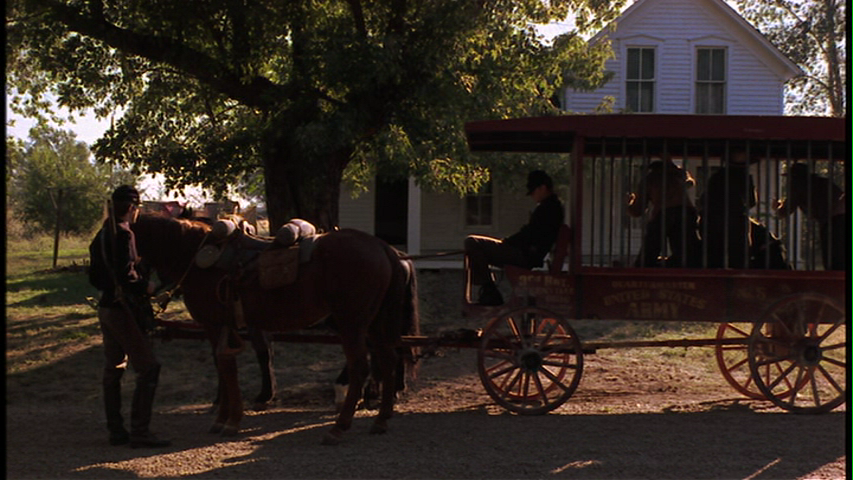
- The disturbing scene in which a settler prostitutes his willing wife
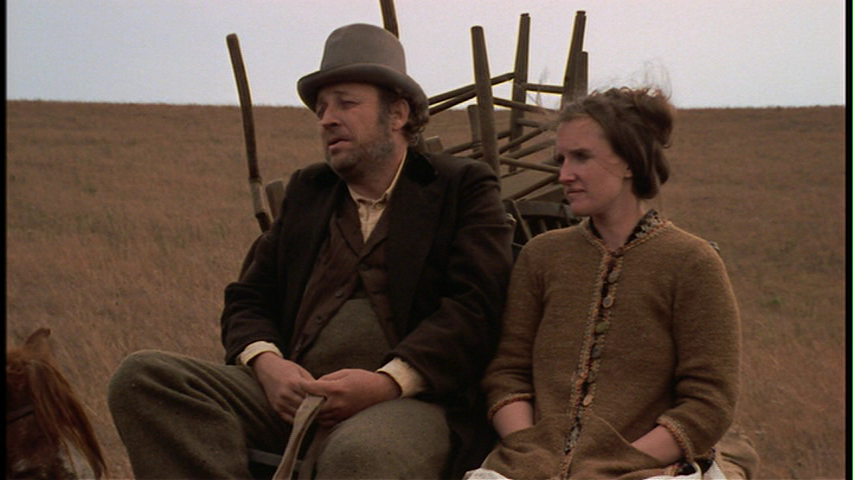
- Gordon Willis’s expansive cinematography
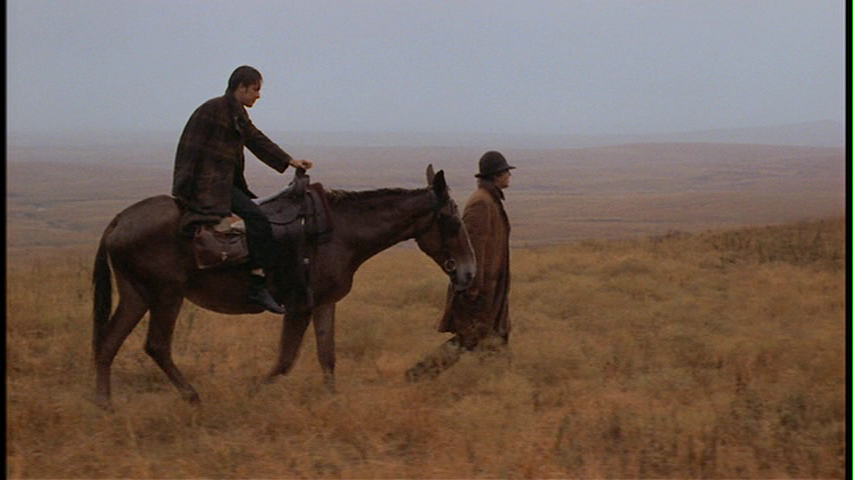
- Many well-observed details — such as a sheriff who insists on sitting in a rocking chair
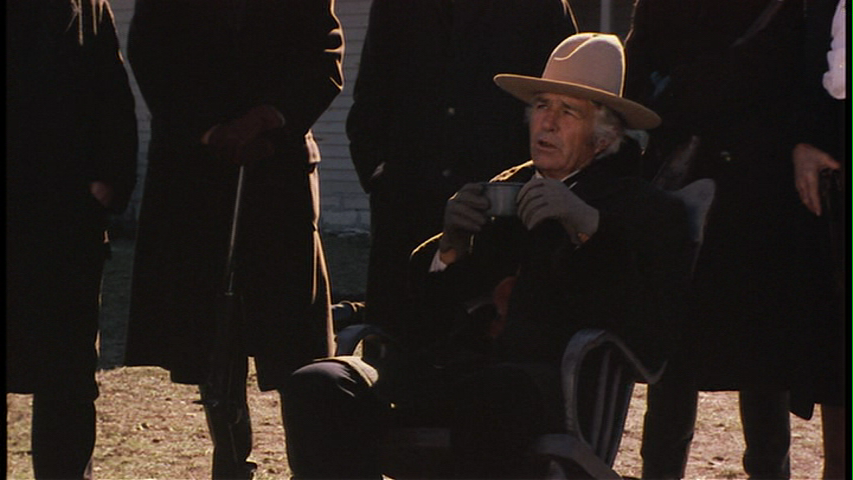
- Harvey Schmidt’s funky solo piano score
Must See?
Yes; this sleeper is an all-around good show. Listed as a Sleeper, a Cult Movie, and a Personal Recommendation in the back of Peary’s book.
Categories
Links:
|
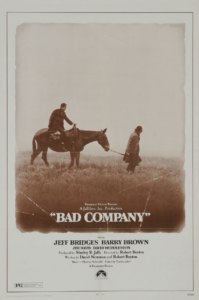






2 thoughts on “Bad Company (1972)”
A must, and pretty much in agreement with the assessment – so not really anything to add.
Quite honestly, I appreciate this one more from a distance; it’s a very respectable and unique debut film, even if it doesn’t fall into one of my favorite categories. There are so many westerns that can be hard to even tell apart – the more interesting ones are those that bend the genre in an unlikely manner, and this is among them. (This comes from someone whose favorite western is ‘Once Upon a Time in the West’, if that gives you any idea.)
Spoilers! Excellent sleeper. The final shot works for me: Drew had been violating his professed ethics throughout the film (stealing, lying etc) and the ending seemed to show his realisation of this and his opting for practicality over principle (he needed the money!) though why he selected Bridges’ character over the Marshall is open to speculation (if he had been as virtuous as he professed, he would have stuck with the lawman). I am curious about the hanging of the two former members of the Bridges gang by Big Joe’s gang: wouldn’t shooting them have been quicker?